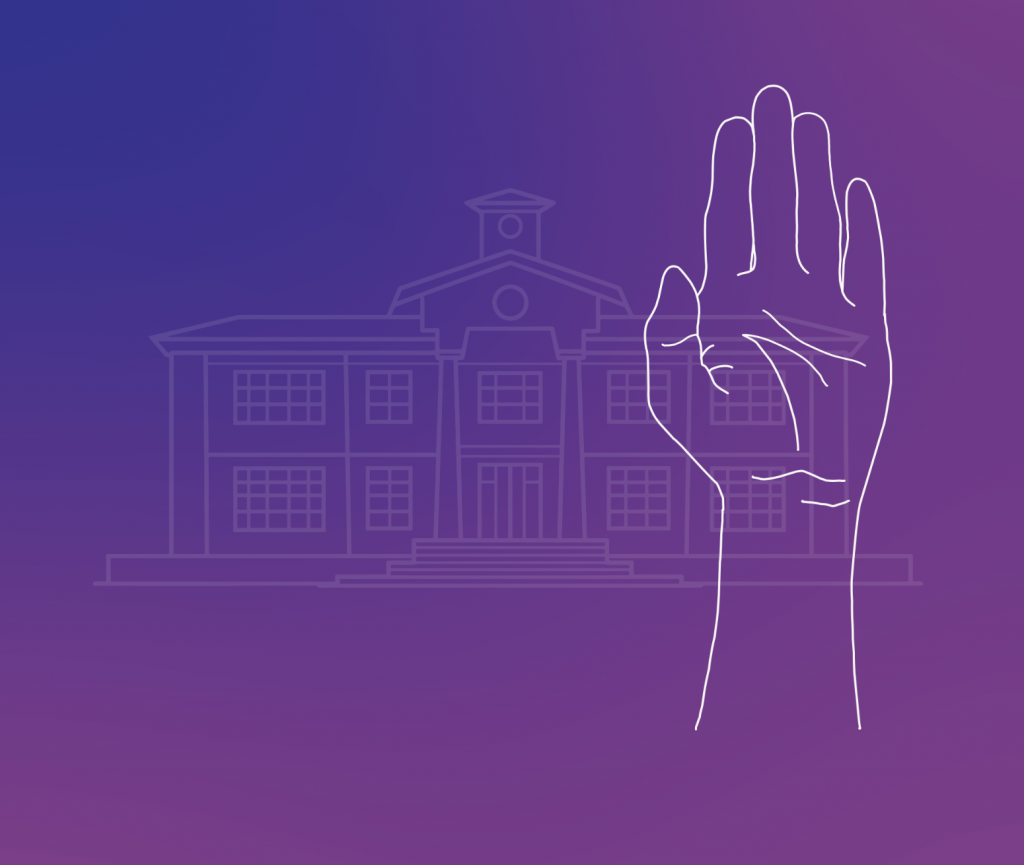A new report released by Women With Disabilities Australia (WWDA) discusses the right to redress for women with disabilities who have experienced reproductive violence, and the absence of mechanisms for redress and justice in Australia.
The paper, written for WWDA by Associated Professor Dr Linda Steele, provides insights for future advocacy to address historical and ongoing rights violations.
For many years, WWDA has been speaking up about reproductive violence against women with disabilities, and advocating for change. Redress has been central to this advocacy.
Reproductive violence encompasses a range of abuses, including forced sterilisation, removal of children, menstrual suppression, and forced abortion. The paper examines existing redress schemes for involuntary sterilisation and forced child removal internationally, and emphasises the need for a comprehensive approach that addresses all forms of reproductive violence.
The briefing paper also highlights the shortcomings of the Disability Royal Commission (DRC) in relation to this critical issue. Notwithstanding the calls of the disability community, the Final Report of the Disability Royal Commission did not recommend an overarching national redress and reparation scheme for the harms people with disabilities have experienced, and continue to experience, in Australia. This inaction stands in contrast to emerging initiatives in other countries, where redress for reproductive violence against marginalised groups is gaining momentum.
The paper provides insights from redress and reparation schemes within other jurisdictions. It emphasises the importance of:
- Recognising the full spectrum of reproductive violence: Including less-recognised forms like menstrual suppression.
- Accessible justice processes: Ensuring all processes are inclusive and safe for women with disabilities.
- Co-design and broad participation: Centring the voices of women with disabilities in all stages of designing and implementing redress initiatives.
- Accountability and transformation: Moving beyond monetary compensation to address systemic issues and prevent future violence.
The paper outlines recommendations to support ongoing advocacy in relation to redress in Australia, including:
- Building knowledge: Documenting the diverse forms, impacts, and historical context of reproductive violence in Australia.
- Cross-movement organising: Collaborating with other marginalised groups to address intersecting forms of oppression.
- Disability leadership: Ensuring women with disabilities lead the design and implementation of redress initiatives.
WWDA is calling on the Australian government to take immediate steps to address this critical issue and ensure that women with disabilities have access to justice and redress for the reproductive violence they have experienced.

